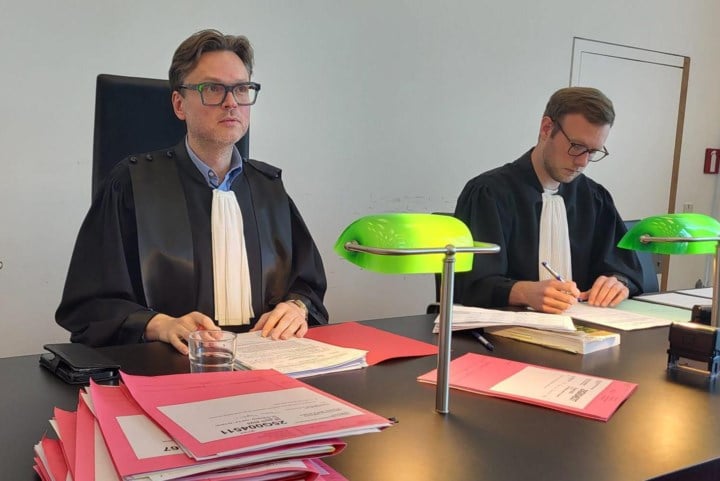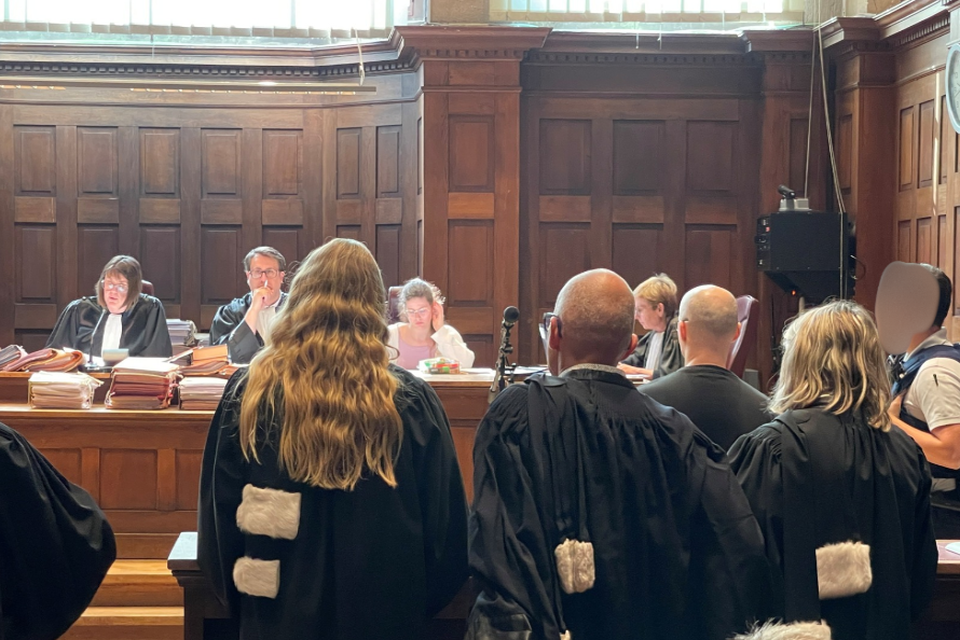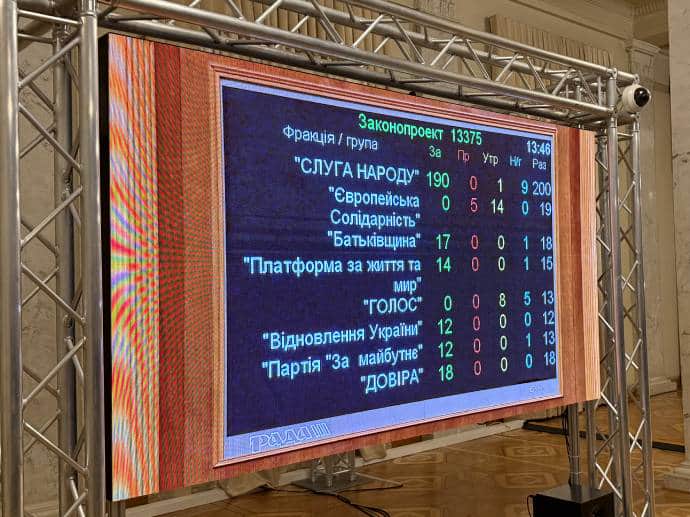« We are willing to work hard, but there are limits »: Protest in the judge against the operation of Justice (Ghent) for second day in a row

« The intention is to put the finishing touches, » said police judge Stijn Vantyghem in the court of Ghent on Wednesday. « At a session we have to deal with at least 50 files, but they are often complex and require a lot of our time. Sitings of more than six hours in one piece are then without a lunch break. Then stay focused, while you just have to judge very sensitive things. We are willing to work hard, but there are limits. »
From next week, the Ghent police judge will stop his sessions until the end of June around 12 noon. Files that have not been treated will be postponed to a later date. It is a signal to raise the crowded sessions and workload. Other police judges would also follow his example.
“Many colleagues are misunderstood by the current functioning of the judiciary and what is now happening (refers to pension reform, ed)« , Vantyghem said. » In addition, the public discussion is often also unfairly presented. In the meantime we have to row further with the belts that we have, but we have to give a signal, so hence this promotion. «
The judge does want to emphasize that the impact on citizens will be limited. « The citizen will not be a victim of this. We will of course deal with files with victims or from people who are here without a lawyer. We will postpone non-urgent matters to a later date. »
Inadequate infrastructure
On Tuesday, his colleague Miguel Ureel also made a statement. He sent several defendants who had to appear before him, go home. Each time it concerned new files, from small violations such as speed surcharges.
« This is a symbolic, one -off action. Very spontaneous too, » said police judge Ureel on Tuesday. “But the bucket that was already very full has gone over. He criticized with his action the poor infrastructure of some court buildings. But also the fact that functions are filled slowly when people get on and the recent decisions about pensions disturb him.
And then there is the fact that many magistrates work hard, but do not get anything of benefits, Ureel indicated. « No night rate, no meal vouchers, not a day of Recup if you have done a night shift. There are many magistrates who work 50 or 60 hours a week and do not get much in return. » The judge also criticized that pronounced penalties are often not performed.
East-Flemish parquet also takes action
The West Flanders public prosecutor’s office, the Public Prosecutor’s Office East Flanders and the Ghent Labor Auditorate also announced actions on Wednesday « against the structural neglect of justice. » From 5 May, the Public Prosecution Service will ask one week at the hearing of the police court to postpone the handling of the files until after the judicial leave.
“The Public Prosecution Service has an understanding of the difficult budgetary situation and is willing to contribute, but the present plans appear to be disproportionate. There was no prior consultation and for us this points to a total lack of respect for the magistrate as a third power. The years of systematic undervanancing ensures that we are no longer able to guarantee a good service. worries ”, it sounds in a announcement.
However, it is emphasized that the public prosecutor will not request a postponement in files of fatal accidents, driving under the influence of alcohol or drugs, distraction behind the wheel, heavy speeding violations or cases in which the judgment is pronounced.






